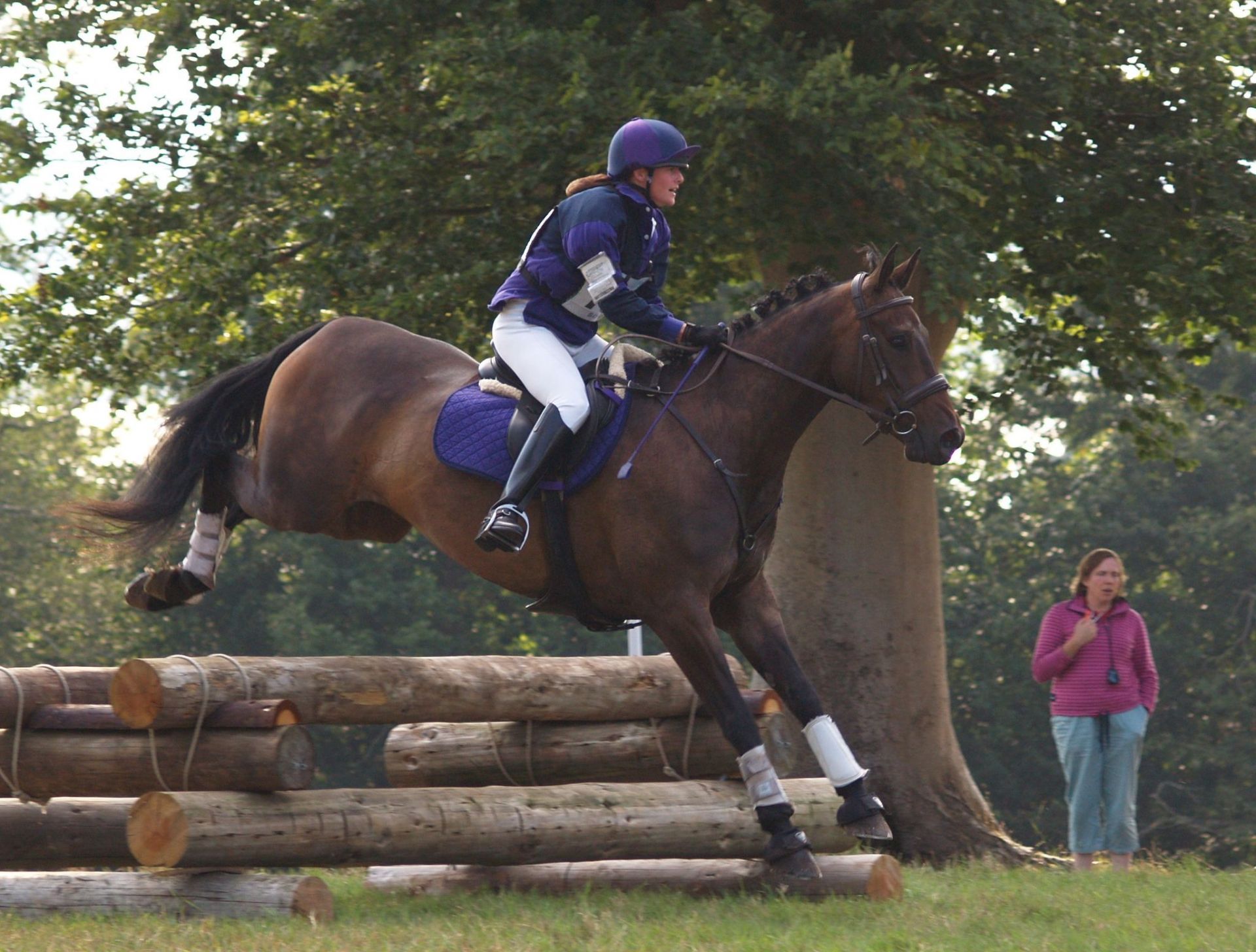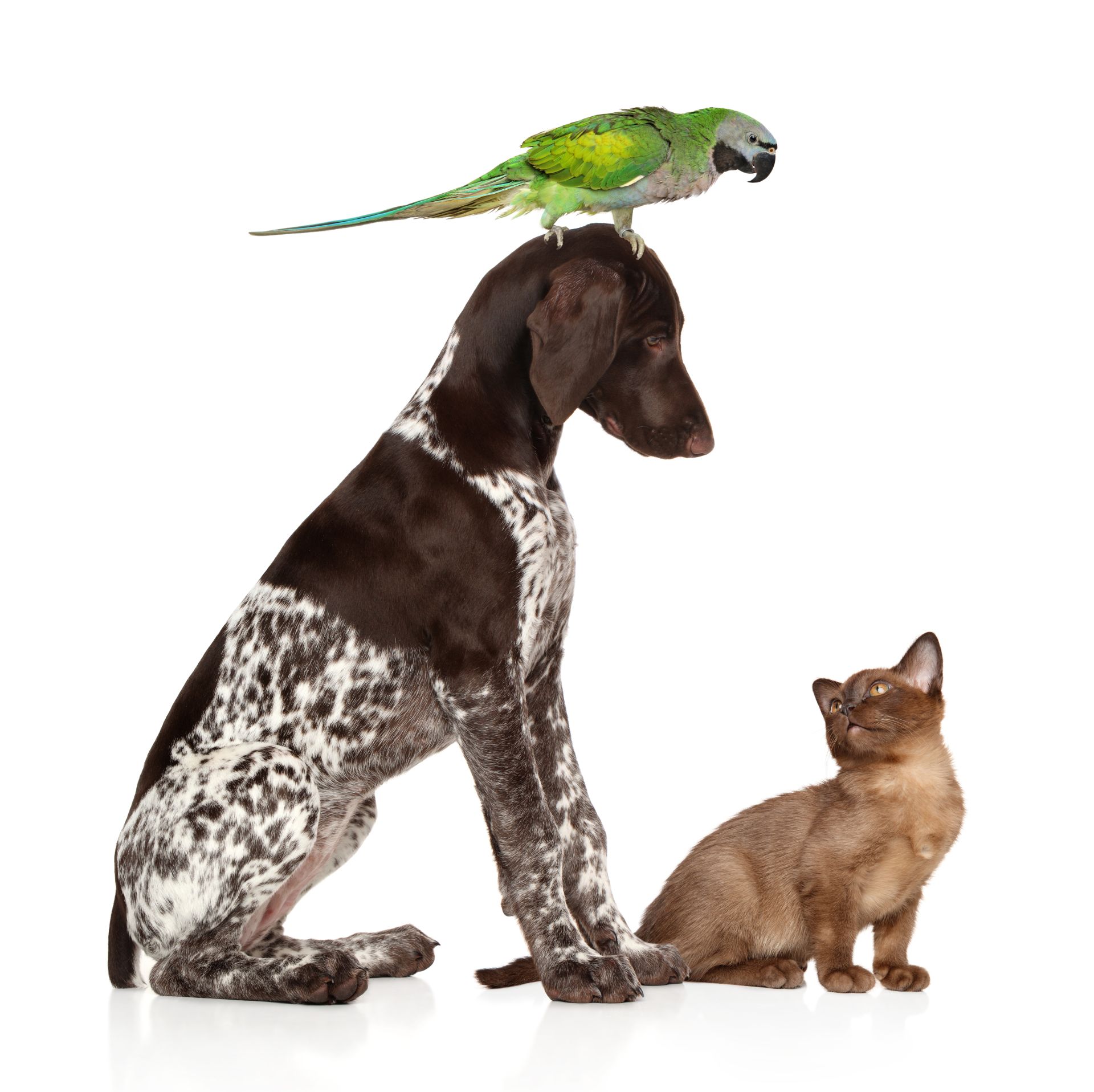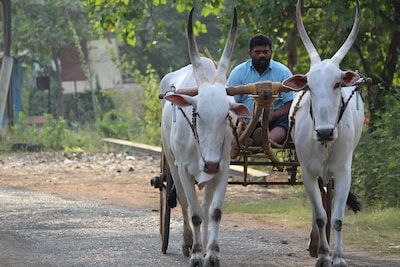Understanding Equine Attachment
Attachment theory was originally developed to describe human relationships and has been increasingly applied to help us to understand non-human animal social bonds. Horses have evolved with keen senses that enable them to detect predators and rely heavily on their social groups for safety and stability. These social bonds are not just superficial relationships to help keep them safe but involve intricate behavioural and emotional connections. Research tells us that horses exhibit signs of distress when separated from their bonded conspecifics, exhibiting behaviours such as increased vocalisation, restlessness, and changes in eating and drinking patterns (Hartmann et al., 2018).
Attachment theory was originally developed to describe human relationships and has been increasingly applied to help us to understand non-human animal social bonds. Horses have evolved with keen senses that enable them to detect predators and rely heavily on their social groups for safety and stability. These social bonds are not just superficial relationships to help keep them safe but involve intricate behavioural and emotional connections. Research tells us that horses exhibit signs of distress when separated from their bonded conspecifics, exhibiting behaviours such as increased vocalisation, restlessness, and changes in eating and drinking patterns (Hartmann et al., 2018).
These behaviours are tell-tale examples of the stress responses triggered by separation from bonded individuals, like attachment behaviours seen in humans, primates, dogs and other mammals. Attachment in horses is often characterised by mutual grooming, close physical proximity, vocalisation and matched activities, which demonstrates the depth of their social connections (Proops et al., 2019).
Buying, selling and relocating horses is
commonplace.
Courses that may interest you
The best instructors have designed the most motivating learning paths for you.
Diploma in Equine Welfare, Training & Behaviour

This is a comprehensive course that covers many of the complex aspects to becoming an ethical equine professional.
ABTC Recognised Level 6 Diploma in Clinical Animal Behaviour

A fully online, ABTC-recognised Level 6 course for those working towards Clinical Animal Behaviourist registration.
Introduction to Anthrozoology

Ever wondered about the complexities of human-animal interactions? This course will spark your enthusiasm!
